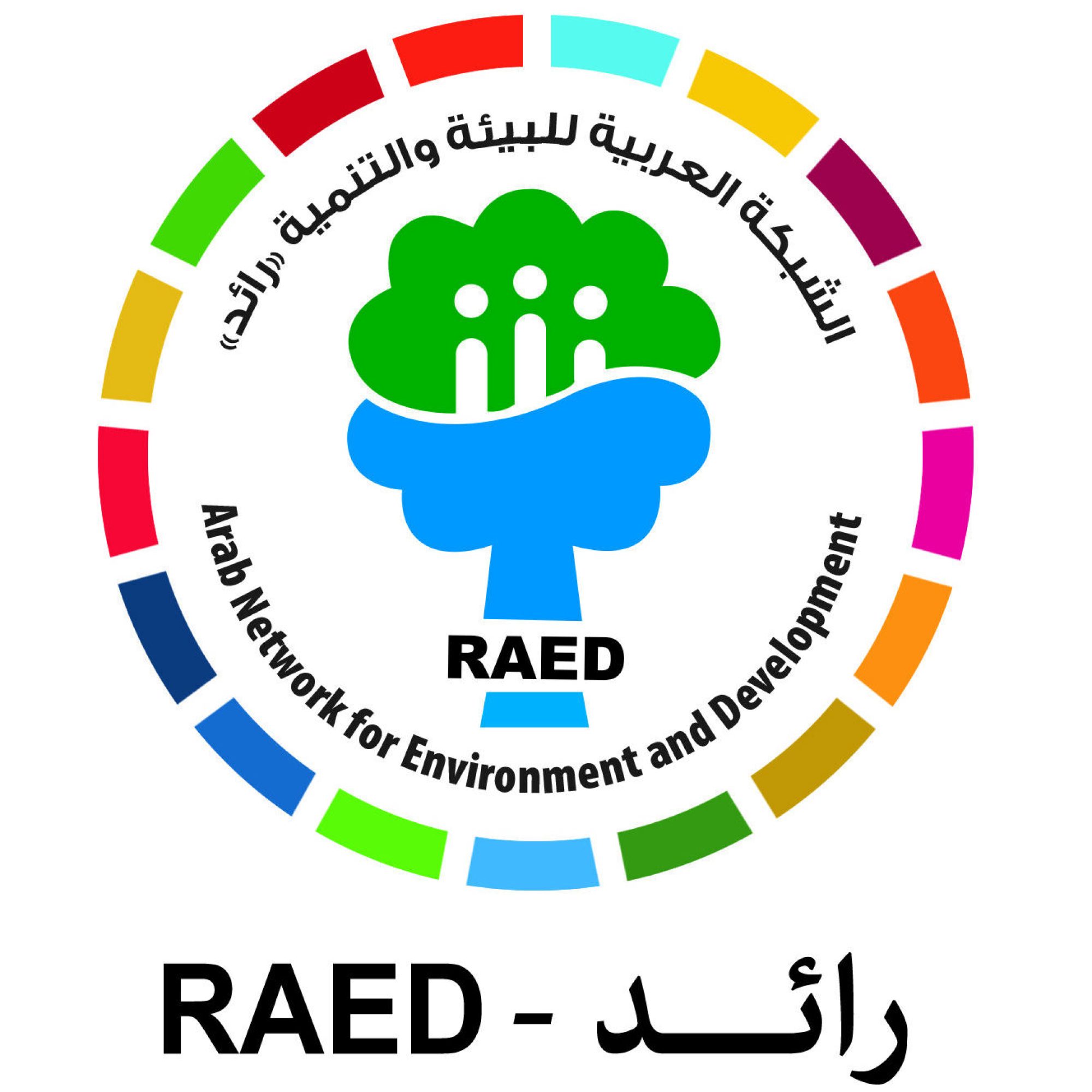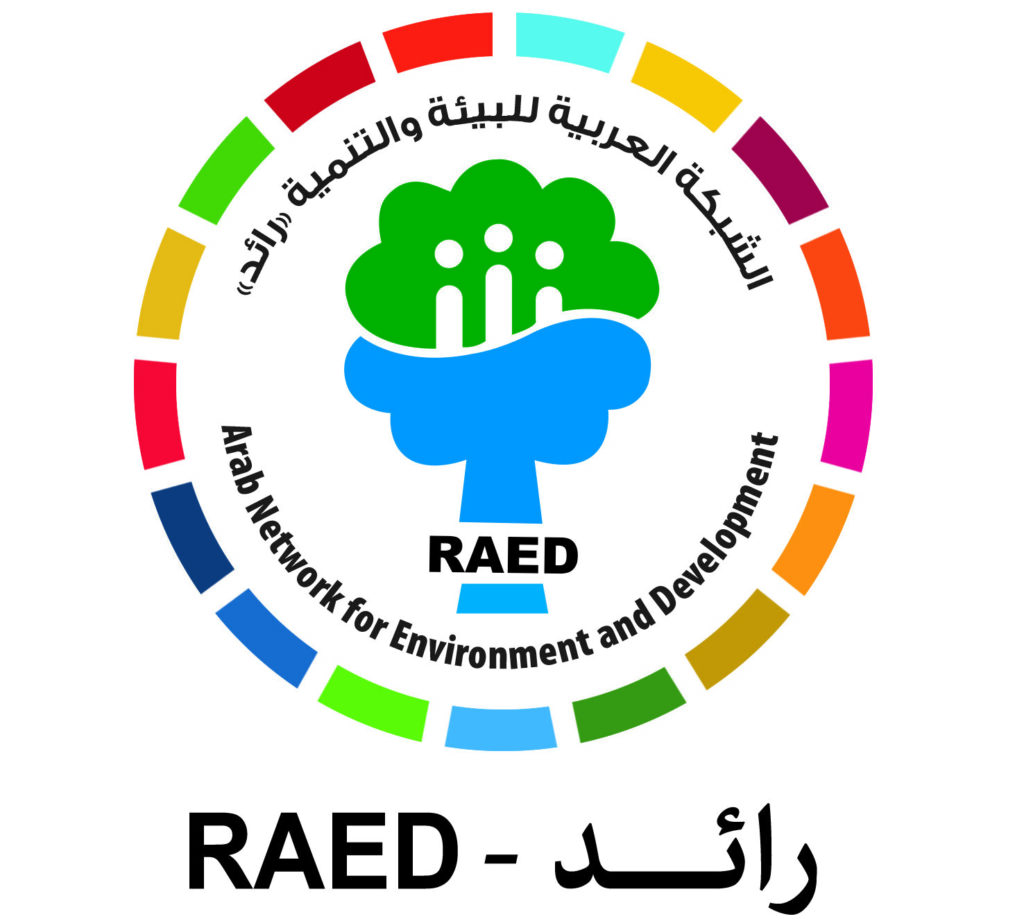Traditional Knowledge and Smart Water Management in Confronting the Impacts of Drought in the Nile Delta
The relationship between climate change and food security is “interlinked”, calls for innovative scientific solutions
The Arab Network for Environment and Development (RAED) convened a consultative meeting on the impacts of drought on food security, exploring available opportunities and alternatives, in collaboration with the Faculty of Engineering at Tanta University. The meeting took place under the framework of the project “Advancing Stakeholder-Based Drought Resilience through Traditional Knowledge and Smart Water Management Tools – ABSDryBASIN”, funded by the IHE Delft Institute for Water Education. The project is being implemented in several Egyptian governorates across the northern Delta that are suffering from increasing drought-related challenges.
The initiative aims to strengthen resilience to drought by enhancing stakeholder capacities in drought monitoring and management, combining traditional and local knowledge with modern scientific approaches and smart tools. Stakeholders are engaged in identifying strengths, gaps, proposed interventions, and implementation mechanisms across the Delta, with particular focus on the governorates of Gharbia, Kafr El-Sheikh, and Beheira.
Held at the Engineers’ Syndicate in Tanta, the meeting brought together a broad range of executive leaders and representatives from directorates of water resources and irrigation, agriculture and land reclamation, social solidarity, branches of the Egyptian Environmental Affairs Agency, Nile Information Centers and local sustainable development forums. Farmers and water user associations from the target governorates also participated. The discussions covered key issues shaping the future of water and food security, the threats posed by drought, as well as opportunities for national efforts, NGOs and civil society organizations to build upon.
Opening the session, Ms. Ghada Ahmadein, Program Director at RAED, stressed the importance of this strategic initiative, highlighting its alignment with critical food and water security concerns and their impact on achieving the Sustainable Development Goals within the framework of Egypt Vision 2030. She emphasized that the project is focused on governorates most vulnerable to drought and called for collective efforts from government institutions, civil society and community leaders to implement smart water management as a key solution.
Dr. Ayat El-Nemr, Lecturer in the Department of Irrigation and Hydraulics at the Faculty of Engineering, Tanta University, representing the main implementing partner, presented the project’s core pillars, objectives and key achievements from its initial phase, along with planned activities for the coming period.
The meeting also highlighted findings of a preliminary social study on traditional practices for combating drought and desertification in the northern coast of the Delta, conducted among farmers in Gharbia, Kafr El-Sheikh and Beheira. Mr. Hitham Abdel-Azim, Projects Manager at RAED, explained that the study sought to provide an initial understanding of drought impacts on farmers from environmental, economic and social perspectives, as well as their responsiveness to recommendations. The study produced a set of recommendations that will guide project implementation.
In her intervention, Dr. Amal Hamed, Deputy Director of Water Resources and Irrigation in Gharbia, outlined the current water situation in the Nile Delta, noting the significant challenges threatening this vital resource. She underlined that the government has developed comprehensive strategies to confront these challenges, including major national projects and stressed the necessity of collaborative efforts from civil society, the private sector and farmers.
Dr. Wafaa El-Sarangawy, Head of the Technical Office at the Egyptian Environmental Affairs Agency, spoke about the strong interconnection between climate change and drought, noting their compounding impacts on food security due to land degradation and reduced agricultural productivity. She emphasized the vital role of the Ministry of Environment and other agencies in raising awareness on water conservation, promoting sustainable agriculture and advancing nature-based solutions.
Ms. Hasnaa Ahmed Ibrahim, Deputy Director of Social Solidarity in Gharbia, also underscored the significance of the issue in advancing Egypt Vision 2030. She described drought as a major challenge impeding development and contributing to multiple crises, affirming her support to NGOs and civil society organizations addressing this cause, given their role in building community capacities and raising awareness on sustainable development.
The meeting concluded with an interactive session moderated by Ms. Ghada Ahmadein, during which participants proposed ways to enhance their roles in mitigating drought impacts and ensuring equitable water management. Recommendations included developing incentive policies for farmers to conserve water, strengthening and restructuring water user associations in line with digital transformation, and enhancing the role of the media by improving content and leveraging smart communication tools. The session also highlighted the role of local sustainable development forums in adopting this critical issue as part of their mission to localize the Sustainable Development Goals under Egypt Vision 2030.


